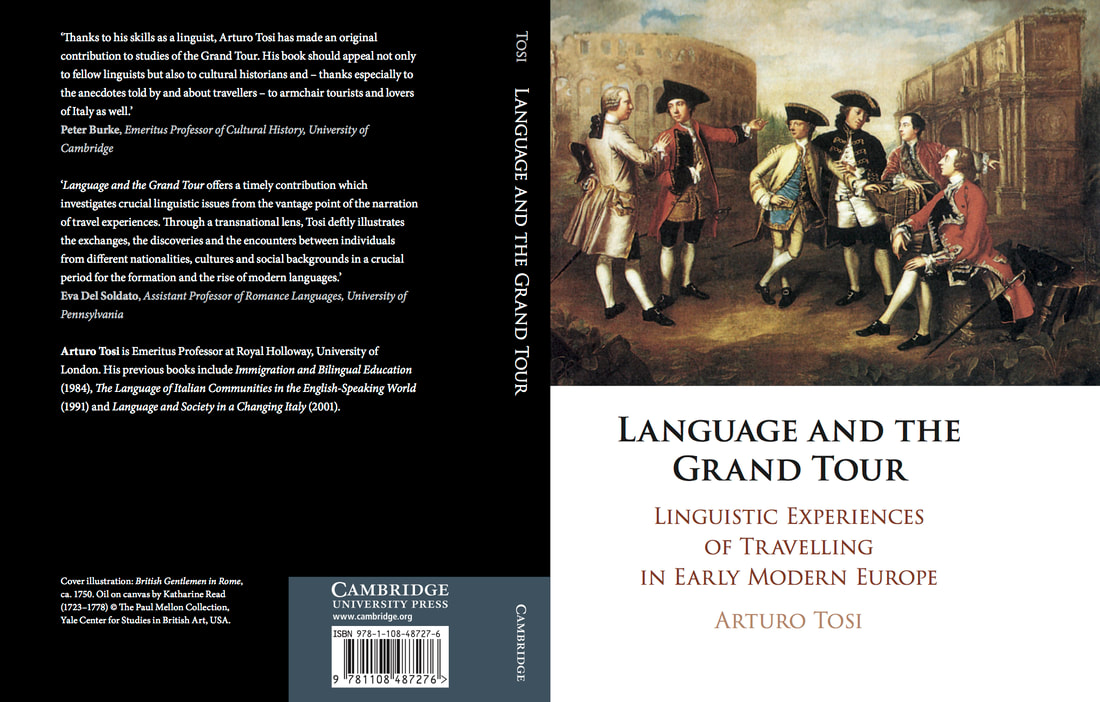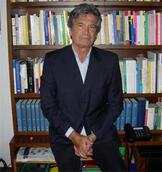The Grand Tour was the classical continental trip to France and Italy, undertaken by young aristocratic men in early modern Europe, ostensibly for educational purposes. The first of its kind to approach the Grand Tour from a linguistic perspective, this book is a timely addition to this burgeoning area of study, presenting a unique case study of population movement, language change and education in early modern Europe.
Preface; Introduction; Part I. Attitudes and Aptitudes: 1. Images and stereotypes; 2. Attractions, affections, aberrations; 3. Linguistic training at home; Part II. Encounters and Exchanges: Language acquisition and learning abroad; 5. Aids, strategies and facilitators; 6. Latin and other lingua francas; Part III. Contrasts and Collisions: 7. Perceptions of linguistic diversity; 8. Instances of language contact; 9. Women travellers and gender issues; 10. Conclusion.


